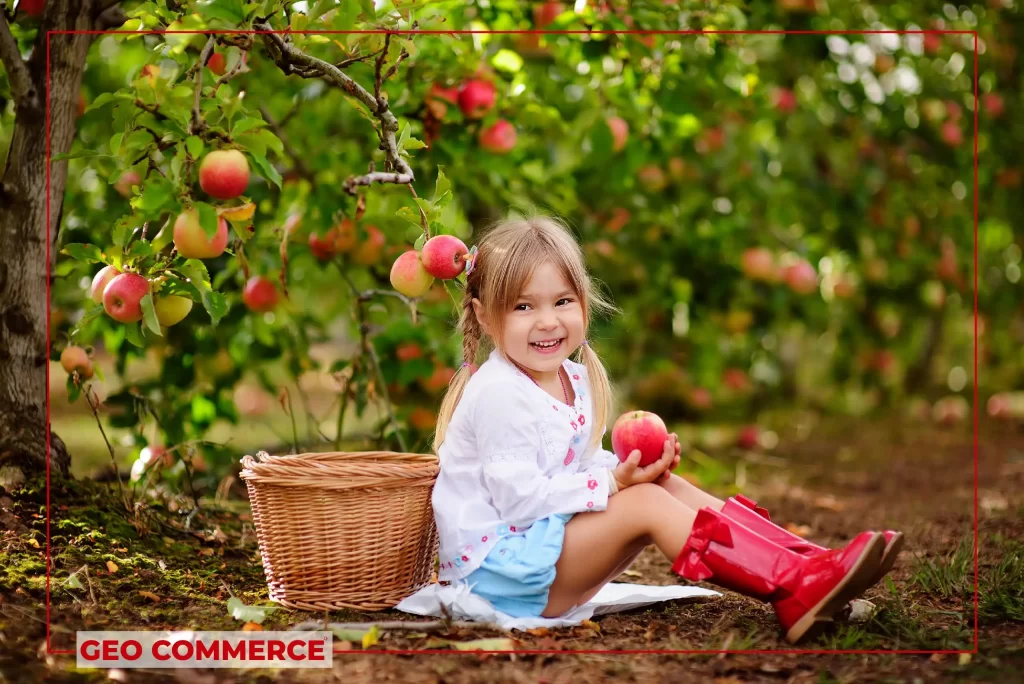According to a recent study by researchers in Scotland and the US, children are more likely to favor ‘natural’ food than processed or lab-made alternatives.
Children are likely to adopt eating patterns that are similar to those of their parents since eating and lifestyle habits are formed early in life.
Adult preference for food that is viewed as “natural” is well-documented, according to researchers at the Universities of Edinburgh and Yale. This preference is demonstrated by demand for clean label products and skepticism about “Franken-food” technology like genetic modification.
“Adults frequently like items they perceive to be natural, such as natural foods. The rejection of cultured meat and other sustainable technologies, for example, is one major consequence of this desire, according to the study’s authors.
What about kids, though? They made the decision to dig deeper into kids’ perceptions of food’s “naturalness.”
The most recent research indicates that this dietary bias persists into early and middle childhood, with kids giving ‘natural’ foods higher ratings for taste, safety, and desire.
Children are skeptical about apples that are “grown in a lab.”
The Scottish and American researchers looked at the food preferences of more than 374 adults and kids in the United States when they were given apples and orange juice and informed of their origins in order to dissect this food preference.
The researchers’ initial investigation focused on production practices and how they affected food output.
Three apples were displayed to 137 kids between the ages of six and ten by the researchers. One was developed in a lab, one was produced on a farm, and one was grown on a tree within a lab, it was revealed to them.
The researchers evaluated the children’s preferences for apples in terms of perceived tastiness, perceived safety, and desire to consume using questionnaires and statistical models. The same study that compared age groups included adults.
The researchers discovered that both youngsters and adults preferred apples they thought were cultivated in fields to those grown or produced in laboratories.
Children were more likely to cite freshness, being outside, or sunlight when asked why they liked the field-grown apples. Adults were more likely to mention naturalness in particular.

Infuriating chemicals and additions
The purpose of a subsequent study was to determine how artificial additives affect people’s perceptions of food.
A group of 64 adults and 85 kids aged five to seven were asked to respond to four different varieties of orange juice by the researchers. One was said to have been squeezed on a farm, one was described as carrying no information, one claimed to have had chemicals “removed,” and one had chemicals added.
Researchers discovered that the assessment of the juice was significantly impacted by the information about how natural it was. “The participants gravitated to the more natural option based on perceived taste, safety, and desire to consume,” it was stated.
Early on, natural preferences were formed
Age had ‘minimal effect’ on the desired outcome, according to both research, with children as young as five and as old as ten reacting similarly.
The results, according to researchers, show that the perception that natural foods are “good” is formed at an early age.
According to Dr. Matti Wilks of the University of Edinburgh’s School of Philosophy, Psychology, and Language Sciences, “overall, we provide evidence that, at least in the United States, our tendency to prefer natural food is present in childhood.” This study provides a first step in understanding how these preferences are developed, including whether they are socially acquired and what motivates our propensity to favor natural objects.
Source
‘Children prefer natural food, too’
Developmental Psychology
DOI: https://doi.org/10.1037/dev0001387
Authors: Wilks, M., & Bloom, P.

